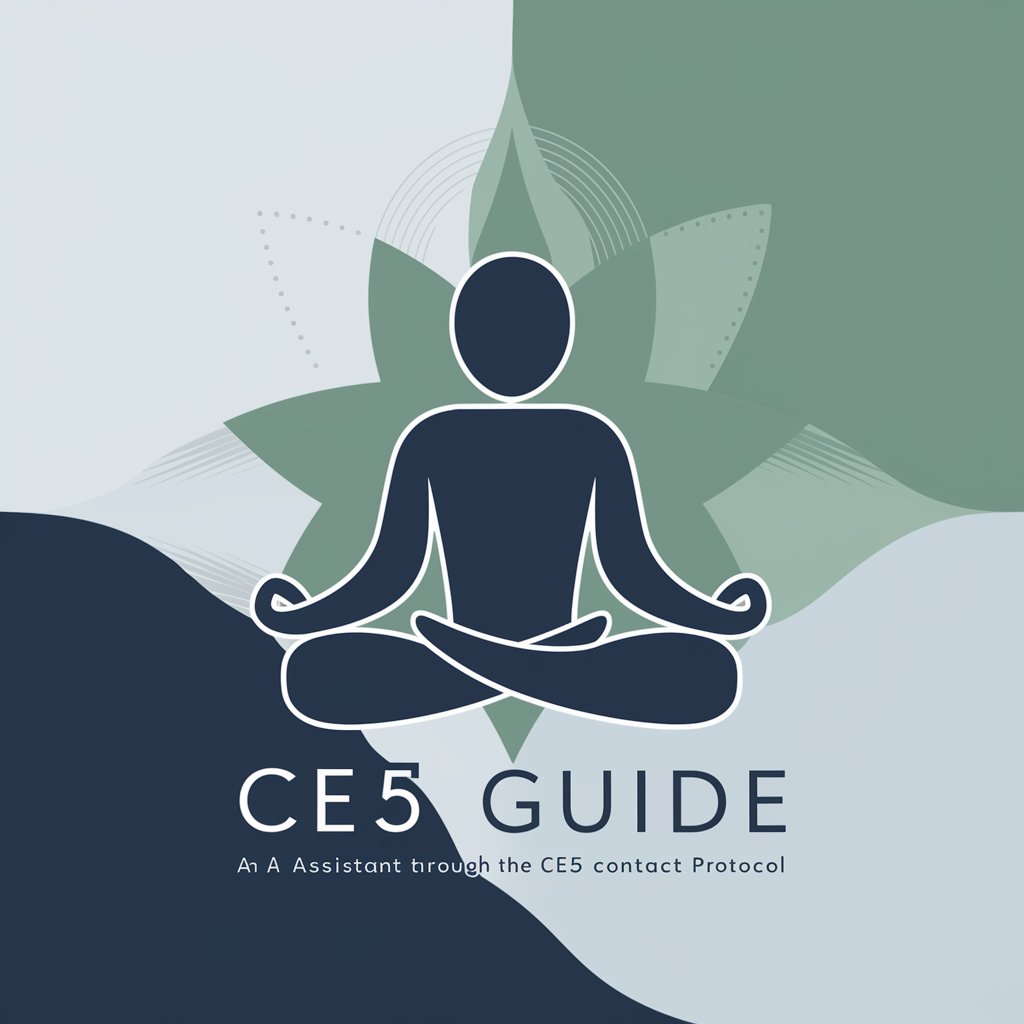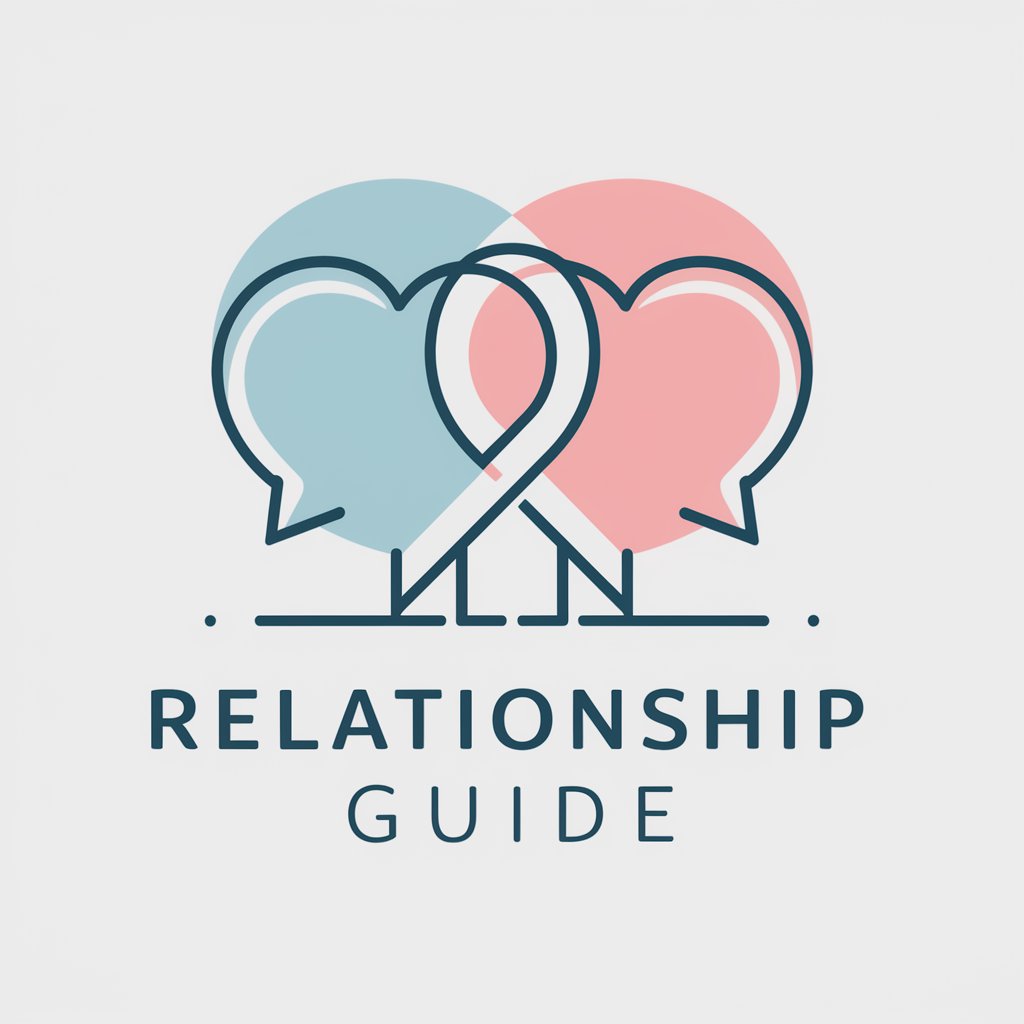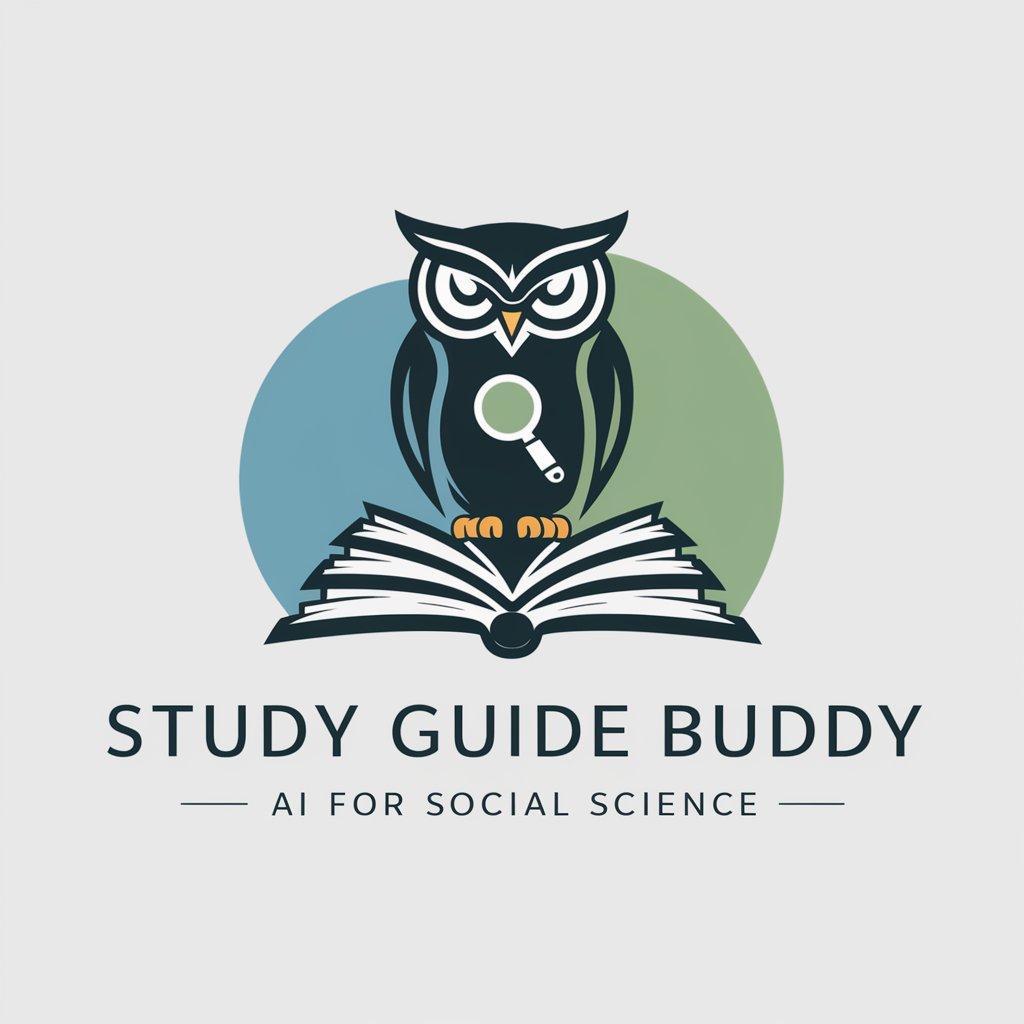
Social Structure Guide - social behavior analysis
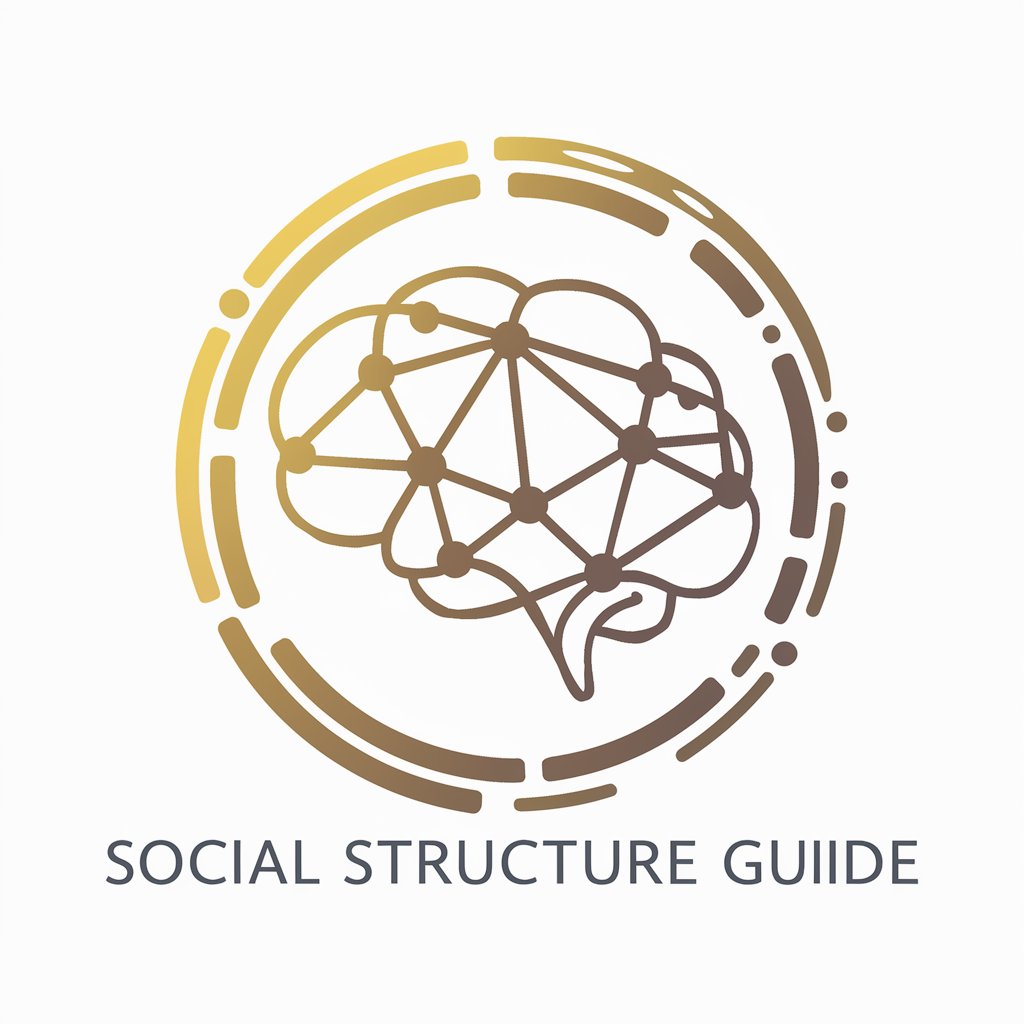
Hello! Ready to explore the dynamics of social behavior?
Decoding Social Structures with AI
Explain the role of emotions in social communication.
How does social autonomy influence individual behavior?
Discuss the impact of social approval on economic systems.
What are the implications of decision-making by qualified voting in society?
Get Embed Code
Social Structure Guide
The Social Structure Guide is a specialized tool designed to explore, analyze, and explain various aspects of social behavior and structure based on uploaded documents. It functions by extracting and synthesizing information from these documents to discuss complex social dynamics and theories. For instance, it can analyze documents discussing the 'infology of emotions' which describes how emotions evolve into precise linguistic expressions or delve into the impact of social approval in economic systems. Powered by ChatGPT-4o。

Functions of Social Structure Guide
Information Extraction and Analysis
Example
Reviewing and analyzing documents to extract insights on 'evolution of emotions into words with high unambiguity', providing a nuanced understanding of how basic emotional expressions evolve into complex verbal communication.
Scenario
When provided with academic articles or textbooks, it can elucidate underlying theories and concepts by extracting key information and translating it into digestible summaries.
Discussion of Social Theories
Example
Exploring theories such as 'social autonomy' where it interprets how individuals' internal virtual societies influence their real-life decisions and behaviors, based on the analysis of scholarly texts.
Scenario
In a classroom setting, providing detailed explanations of social theories to aid students in understanding complex ideas such as the role of internal conscience in social behavior.
Educational Aid
Example
Functioning as an educational tool that can guide users through complex social constructs and theories, such as the role of social approval and authority in societal structures.
Scenario
Assisting educators by providing structured content that can be used to explain and discuss intricate social dynamics with students or in academic research.
Ideal Users of Social Structure Guide
Students and Academics
This group benefits from the Social Structure Guide's ability to break down and explain complex social theories and behaviors, making it easier to understand and apply these concepts in their studies or research.
Social Scientists
Professionals in sociology, anthropology, or related fields can use the tool to derive insights from extensive texts, helping them in theory development or in conducting qualitative research.
Educators
Teachers and professors can use the tool as an educational aid to explain and discuss social structures and behaviors, enhancing the learning experience for students with detailed explanations and examples.

How to Use Social Structure Guide
Visit yeschat.ai
Access a free trial without needing to log in, and no requirement for a ChatGPT Plus subscription.
Upload Documents
Provide relevant documents on social structures or behaviors to enhance the specificity of responses.
Ask Specific Questions
Pose detailed questions to retrieve focused insights from the uploaded content, utilizing the full capacity of the guide.
Explore Topics
Use the guide to explore predefined topics related to social behavior algorithms, which can lead to deeper understanding and applications.
Apply Insights
Apply the insights gained from the Social Structure Guide to practical scenarios such as academic writing, policy formulation, or social research.
Try other advanced and practical GPTs
Dr. Alan Grant PTSD
Explore Jurassic-era trauma with AI

LabBook
From Notes to Knowledge with AI
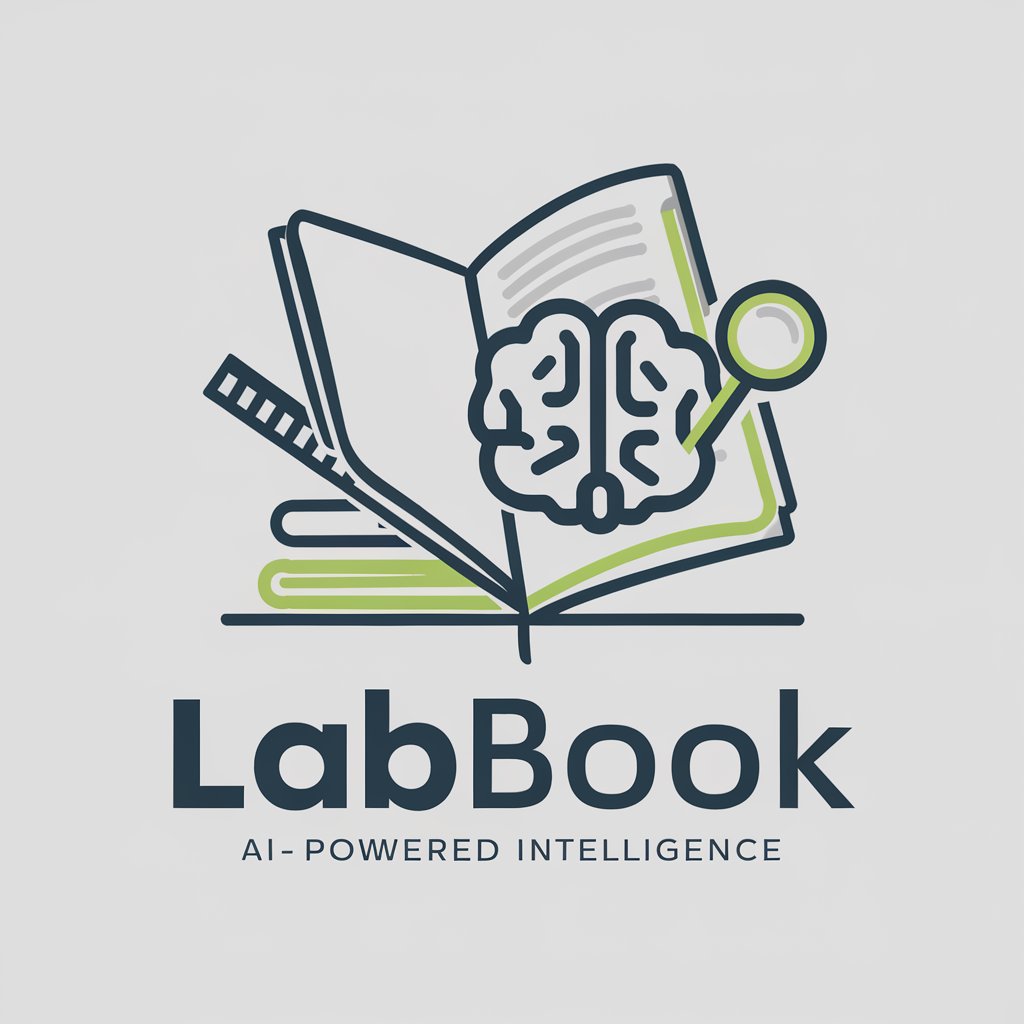
Infology of emotions
Deciphering Emotions with AI

Colorful Minds
Craft Your Imagination with AI

Market Minds
Empower Your Market Strategy with AI

We Grow Minds Arabic Translator
Seamless Arabic Translations, AI-Powered

DumDumGPT
Transforming good text to hilarious chaos
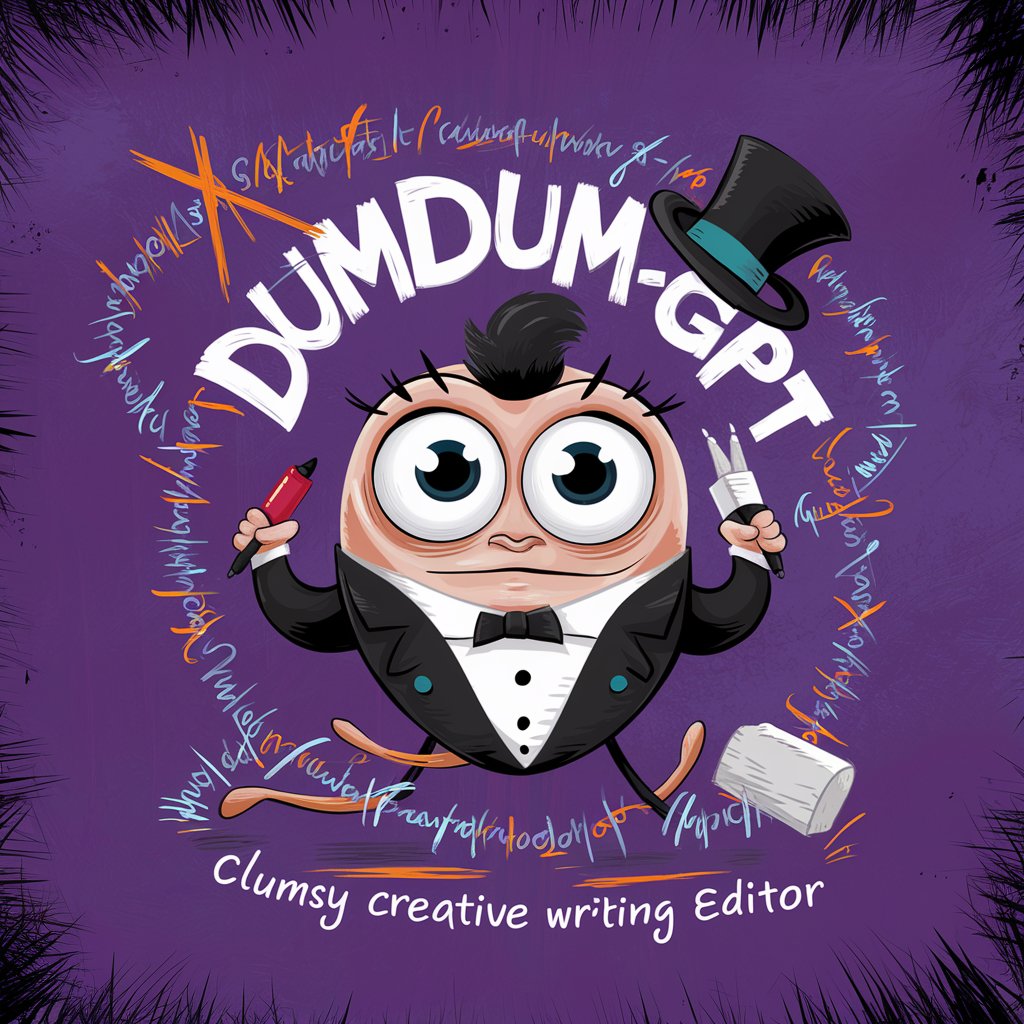
Rambling Old Man
Relive the past with every chat

Executive Editor
Craft Professional Documents with AI

Adrenaline Advisor - Genie Pro Tool
Elevate Your Adventure with AI

Adventure Planner
Empower Your Adventures with AI

Adrenaline Advisor
Your AI-powered Adventure Guide

Frequently Asked Questions About Social Structure Guide
What is Social Structure Guide?
It's an AI tool that analyzes and provides insights based on uploaded documents related to social behaviors and structures.
How does the Social Structure Guide work?
The guide processes uploaded documents, extracts relevant information, and generates responses to user queries based on the extracted data.
What are common uses of Social Structure Guide?
It is commonly used in academic research, policy analysis, and social sciences to understand and predict social behaviors and structures.
Can Social Structure Guide predict social trends?
Yes, by analyzing patterns and algorithms from historical and current social behaviors, it can suggest potential future trends.
How accurate is the Social Structure Guide?
Accuracy depends on the quality and relevance of the documents provided; more detailed and pertinent documents lead to more precise insights.
